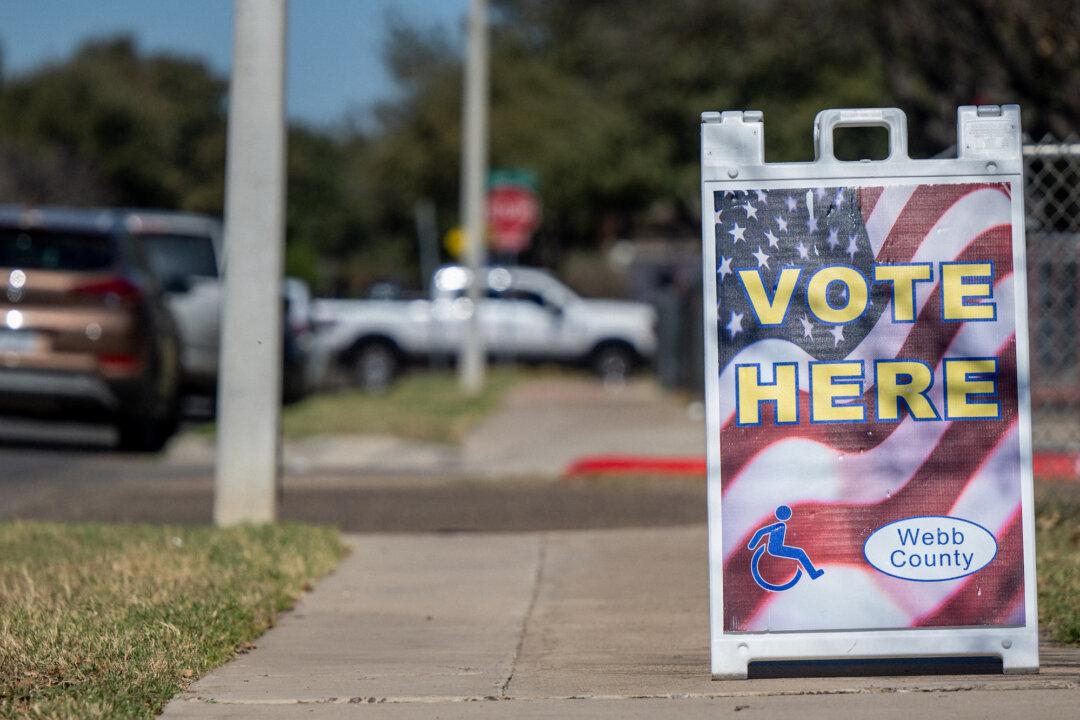A federal appeals court has upheld a Texas law that requires an original pen-on-paper signature on a voter registration application, delivering a win for advocates of election integrity measures.
“This is just one of the many election integrity laws we passed to make it harder for cheaters to cheat,” Texas Gov. Greg Abbott said in a statement on social media, praising the 2-1 ruling by the 5th Circuit Court of Appeals with respect to what’s been dubbed the “wet ink signature” law for voter registration.





